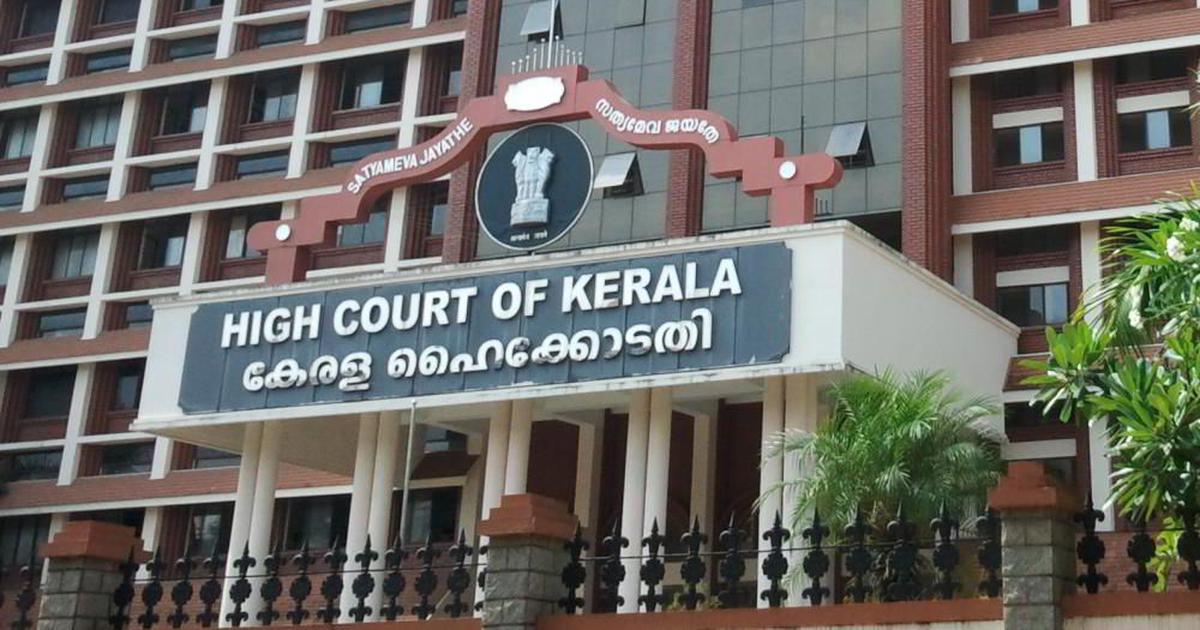
Kerala High Court has dismissed a petition seeking relaxation of the 30-day notice period under Special Marriage Act (SMA) stating that unless the law is amended, it could not permit waiving off this provision.
The petitioner, Shitha VK submitted notice of intended marriage with Ajith Joseph before the marriage Officer, Alappuzha as per provisions of Special Marriage Act. She is required to report in Queen’s University, Belfast, Northern Ireland, United Kingdom, for admission to full time Post Graduate course before expiry of the 30 days’ notice period stipulated under SMA. Hence, she sought direction from the court to permit solemnisation and registration of her marriage on a digital platform.
The petitioner and Ajith got married in January in a private function. She asked that she be permitted to appear before the Marriage officer via a digital platform while Ajith would be physically present for solemnisation and registration of marriage.
The single-judge bench of Justice PV Asha read down the many provisions of the Act including section 12 which provides that a marriage is complete and binding on both the parties only on the declaration of either party that they take each other as the lawful wife/husband and that too in presence of the Marriage Officer as well as the three witnesses. The court also referred to section 13 of the Act which mandates the Marriage Officer to enter a certificate in the prescribed form in the Marriage Certificate Book and to get the said certificate signed by the parties to the marriage and the three witnesses. The court held that it would not be possible to observe these procedures online, in the absence of the physical presence of both the parties near the Registering Officer and the witnesses.
The court observed that the language of the Act clearly shows that there cannot be any relaxation in the procedure to be followed for registration of marriage under the Act. The court held that unless relevant provisions of the Act are amended it would not be possible either to relax the mandatory period of notice or to permit marriage in digital form especially since there are penal provisions provided for in the Act if these procedures are not duly followed. The court thus, dismissed the petition.
It is pertinent to note here that Allahabad High Court in a judgment, held that the requirement of publication of notice of intended marriage under Section 6 and entertaining objections under Section 7 of the Special Marriage Act is not mandatory. The court was hearing a habeas corpus petition of a married couple, originally of different faiths whereby the woman’s father was not allowing her to live with her husband. The couple expressed to the court that they could have solemnised their marriage under the Special Marriage Act, 1954 but the said Act requires a 30 days’ notice to be published and objections to be invited from the public at large that would be an invasion in their privacy and definitely caused unnecessary social pressure/interference in their free choice with regard to their marriage. The Court further took note that this was an issue affecting a large number of similarly situated persons who desired to build a life with a partner of their own choice.
The Centre even justified the provision requiring a 30-day notice period before registration of marriage under SMA in a petition field before Delhi High Court seeking quashing of the same. The Centre informed the court that, if this is set aside, it may not be possible to verify the credibility of the persons seeking to solemnise a marriage.
The complete judgment may be read here.
Related:
Notice publication under SMA to verify credibility of persons: Centre to Delhi HC
Notice publication of marriage under Special Marriage Act violates privacy: Allahabad HC
Disruptors threaten and abuse interfaith couples on Zoom press conference
Guj HC orders police protection to inter-faith couple wishing to solemnize marriage